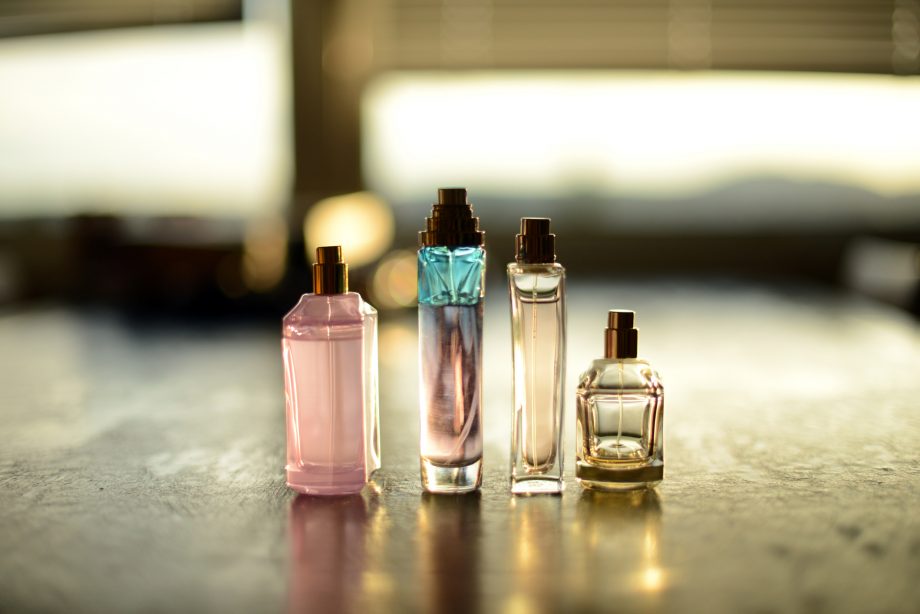Buying perfume – either for ourselves or for loved ones – always feels like a treat.
Spritzing on that zesty, or floral, or sophisticated, musky smell every morning can easily leave you feel just that little bit more polished.
Spraying on perfume helps to give us pride in our appearance – and certainly makes for a more pleasant experience when meeting and greeting people in the outside world.
And, along with scented candles, it makes for a brilliant present too – something a little bit special that your mum, sister, friend or colleague can use every single day.
But one thing we’ve always wondered about our favourite scents is, is there really a difference between cheap and expensive perfume? And if so, what are the differences, and do they really matter?
What is the difference between cheap and expensive perfume?
It turns out, there are some small differences between expensive perfumes, and ones that won’t break the bank.
1) More expensive perfumes have ‘levels’ of fragrance – and so tend to last much longer
Tatiana Estevez, ex-aromatherapist and perfume maker, has explained that more expensive scents tend to have several layers of fragrance, while cheaper options have fewer.
Pricier perfumes are made up of top notes, mid notes and base notes, with each ‘note’ corresponding to the time in which you’ll be able to smell them. Tatiana said, “The top notes you smell immediately and last about half an hour, the mid notes develop after half an hour for 2-4 hours after that. Then come the base notes which is what is left on your skin at the end of the day.”

Credit: Getty Images
However, with cheaper perfumes, you may only get the top notes – and in rare instances, the mid notes. This means that your scent could fade quicker, lasting less time than a more expensive option. As well as that, the perfume may not smell as it did originally at the end of the day, or may actually end up smelling bad.
Base notes can be amongst some of the most expensive in the perfume industry – so it makes sense that a cheaper perfume may not have them.
But, that doesn’t mean perfumes with only top notes are not worth buying, nor that all expensive perfumes have all three levels of notes. In fact, the legendary Chanel No.5 (£57) only features top notes, and is one of the most popular perfumes of all time.
2) Cheaper perfumes tend to be sweeter
Sometimes, cheaper perfumes are sweeter because sweeter-smelling ingredients are cheaper to include in scents. However this is not always the case. Often, less expensive scents are sweeter because they are marketed towards a younger audience, who may not have as much to spend.
But of course, this doesn’t mean that they are bad. In fact, quite the opposite. If sweeter, cheaper perfumes are the kind you prefer, then there’s no reason why you shouldn’t enjoy them.
3) Essentially though, scent preference is subjective
Pricier perfumes may be made up of layers that ensure the scent lasts longer, but it really is down to which perfume you like best. And, aside from the points mentioned above, there is no reason a cheaper perfume isn’t just as a good as a more expensive one. Plus, there are some great cheaper dupes of more expensive perfumes.
In fact, a team of researchers from Imperial College London found in a study of 1,000 people that more expensive doesn’t always mean better.
Source: What is the difference between cheap and expensive perfume?













